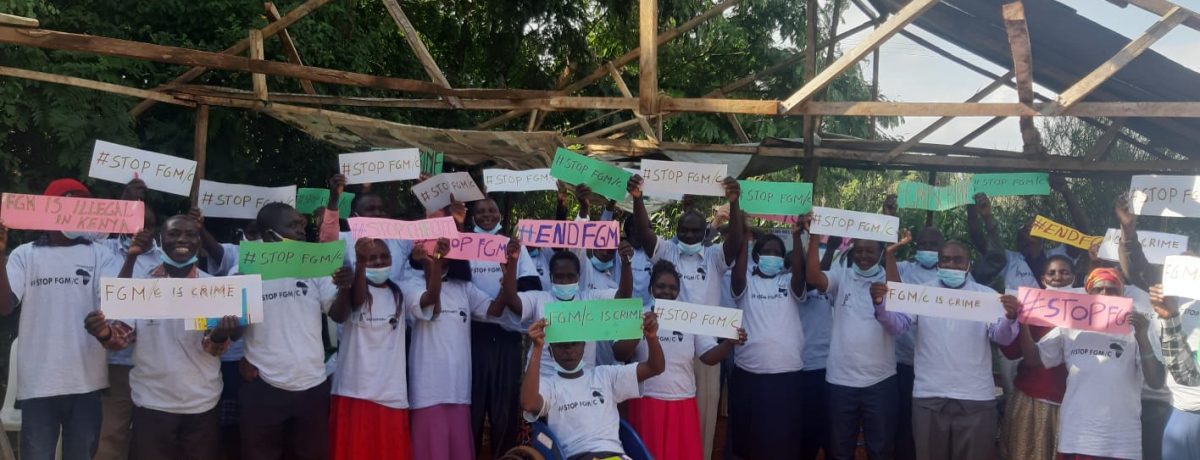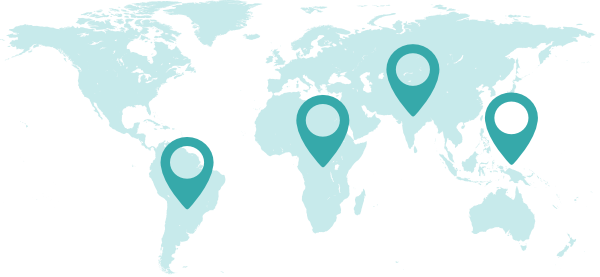
Topic areas covered:
- SRHR: we follow the Guttmacher-Lancet definition of SRHR. We recognise the bodily autonomy of all people, so that everyone and especially girls and women can have full reproductive choices
- Menstrual health, in particular choice of environmentally sound products such as menstrual cups
- Gender equality and inclusion
- Intersections between environmental and gender issues
- Education, particularly that of girls and the most marginalised
- Social justice: with a focus on ethical grant-making to grassroots organisations with a focus on human rights
- Knowledge management, so that evidence contributes to wider movements and policy making
- Promoting action research, so that research actively engages with social transformation
Case study: AmplifyChange
AmplifyChange is a multi-donor challenge fund to support civil society advocacy on SRHR.
MannionDaniels was instrumental in the incubation and development of AmplifyChange. AmplifyChange has now established a unique place within the global SRHR architecture – no other platform specifically supporting civil society SRHR advocacy has the reach or range of AmplifyChange.
Phase 1 of AmplifyChange launched in 2014. MannionDaniels worked with the African Women’s Development Fund and the Global Fund for Women to manage the fund. Since then we have:
- Run 43 funding rounds
- Supported almost 900 grants
- Disbursed over €98m, predominantly in Sub-Saharan Africa and South Asia. Our grant making and capacity development work supported community-based groups working in some of the most neglected areas of SRHR. Many of these groups had never before received external funding
- Achieved an almost 8-fold increase in donor commitments
- Supported the development of 98 coalitions, across 44 countries
- Catalysed more than 30 significant policy and law changes, across 24 countries plus the Southern African Development Community (SADC)
- Increased grantee capacity to successfully apply for, and manage, larger grants – across the portfolio 20% of grants from eligible funding rounds have graduated to a higher level of grant
- Innovated to provide unique support to small local organisations working on the most challenging issues, including a focus on peer-to-peer technical support.
Under Phase 2, we maintain our limited support to AmplifyChange as it transitions to become an independent organisation. We continue to strongly endorse AmplifyChange’s added value. AmplifyChange’s ability to engage and fund grassroots organisations, amplify their voices and support the wider SRHR movements globally is essential to achieving the UN Sustainable Development Goals.



